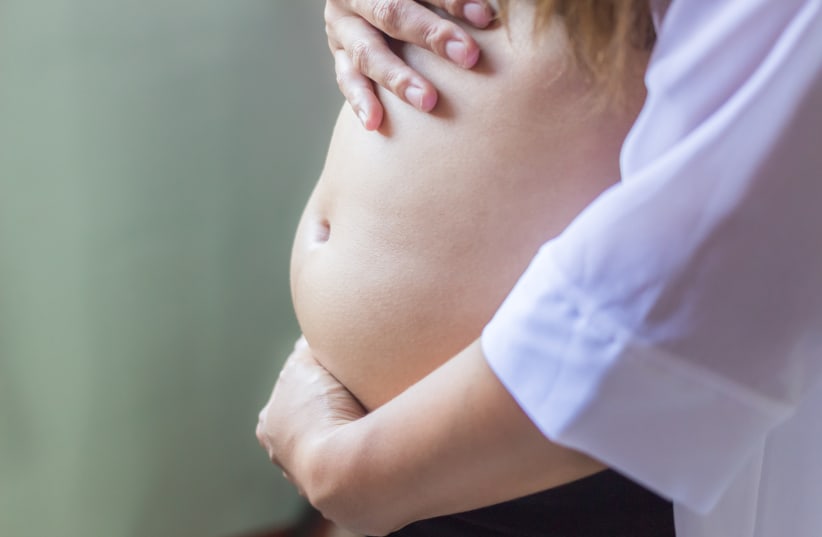The time from the moment you realize that you may be pregnant until the first examination at the doctor may be nerve-wracking, and you’ll often need to be patient. This is what you need to do with this exciting discovery.
If you have recently become pregnant, whether after trying for some time or as soon as you decided it’s time, you probably already know: the beginning isn’t easy. You have to wait a bit to start testing to give you peace of mind, feel pregnancy symptoms and accept that something is really happening in your body.
So what actually happens at the beginning and what should you do when you suspect you may be pregnant?
Here's an organized timeline that will, perhaps, relax you and calm the chaos.
Urine test to detect pregnancyThis is the first stop on the journey. You can skip it and go straight to the second stage, a blood test, but since the tests are very accurate, fast and available at all pharmacies, it’s common to start with them. These tests are reliable and some will show results from the first day after your cycle is delayed. See two stripes on the stick? It's time to move on to the next step.Blood test to detect beta hormoneThis test, also called simply "beta test,” detects the pregnancy hormone HCG. The test is another confirmation of pregnancy, thanks to its sensitivity to detect your hormone levels. Request a referral from your family doctor to do a blood test at your clinic. The results will be available usually on the same day and even after a few hours, depending on how early you performed the test.
The results will show you the hormone level compared to the usual range for the week of pregnancy you’re in, which is counted from the first day of the last menstrual period. The beta level is supposed to double every two to three days, and some women ask for more beta tests to check that the pregnancy is progressing properly and that the beta has increased.First examination at the gynecologistAfter you’re surprised and excited by realizing you're pregnant, after the urine and blood tests confirm it, the next step is even more exciting: a first ultrasound. In this test, which is performed via the vagina, the doctor verifies the existence of the pregnancy sac, checks whether it is inside the uterus or outside it and, if you have reached a sufficiently advanced stage, will show the fetal heartbeat.
How do you know you're not seeing the doctor too early? It’s recommended to go between weeks six and 12 so that a doctor can detect the fetal pulse. You can, of course, see her earlier, but you’ll need to return later. Sometimes waiting for the pulse to be detected can be nerve-wracking. At this time, the doctor will send you for a series of blood tests, recommend genetic tests if you haven't done so, explain to you the next tests to be done in a few weeks and also recommend that you take folic acid, which helps prevent spina bifida.
These tests are done when you become pregnant, and later will come tests like posterior transparency, the check at 20 weeks, to ensure all fetal systems are functioning properly, blood sugar levels, amniotic fluid (if you wish to check for Down Syndrome) and more. The beginning is really a sea of uncertainty, and the best thing you can do is embrace your pregnancy. Try to minimize stress and anxiety between tests and try to be calm for you and for the fetus inside you.
The JAMA app was established with the aim of addressing mothers of babies from birth to age three, and centralizing for them content, activities, tips from experts and videos that will accompany them throughout this challenging period. All the content in the app "grows" together with the baby and is precisely adapted to its developmental stages, so that the mothers receive only what is relevant to them and interests them at any given moment.
The JAMA app is the place for mothers in Israel to meet and get to know other mothers around them, and create new and exciting friendships in this fascinating journey.
